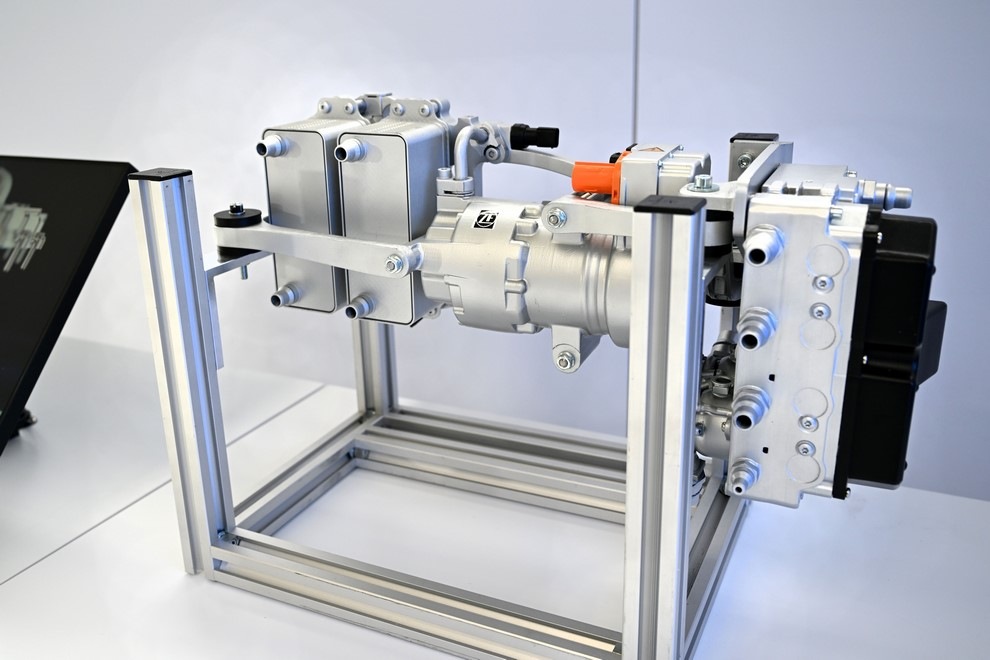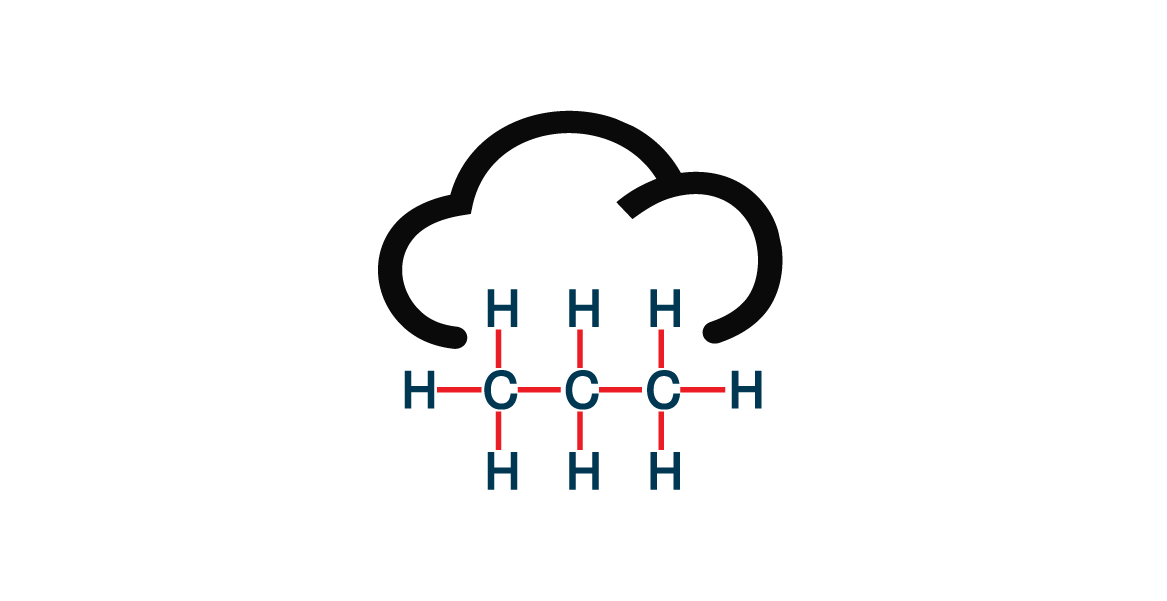Blog
A significant change is coming to the automotive industry in terms of car air conditioning. There is increasing talk about the use of propane as a legal refrigerant. Why are the biggest manufacturers fighting for its approval, and what consequences could this have for users and repair shops? Details in the article below:
European regulations allow only R-1234yf refrigerant (the so-called new refrigerant) to be used in air conditioning systems in new vehicles. This may soon change – one of the leading technology companies on the market has developed an efficient system based on propane (R-290) and, together with other industry representatives, is fighting for approval of this gas as a refrigerant in mass-produced cars.
Changes are coming to the automotive air conditioning market. Why propane?
Current EU regulations on automotive air conditioning systems are very restrictive. Since 2017, only one refrigerant, R-1234yf, has been permitted in newly manufactured vehicles. Its introduction was controversial because it is more flammable than the previously widely used R134a. However, the change was justified by the new refrigerant’s significantly lower impact on global warming.
Propane has been used in the air conditioning industry for many years. It has excellent cooling properties. It is not a fluorinated gas (F-gas), so it is not classified as a substance with a significant impact on global warming. However, until now, there has been one major problem limiting its use in vehicles: its high flammability. Propane is much more flammable than the currently used R-1234yf gas, which is also criticised for its high flammability. In the ASHRAE safety class, propane is classified as highly flammable (R-1234yf is classified as “low flammability”) and explosive.
The high flammability of propane is obviously a disadvantage, which has so far ruled out its chances of being approved for use in vehicles. However, the automotive industry has not given up on research and development work on this gas. It has enormous cooling potential, which could help it meet the highest requirements of the modern automotive market (more on this in a moment), and is also incomparably cheaper to produce than R-1234yf (approx. 3-6 EUR per kg compared to 80-150 EUR per kg).
ZF has just unveiled a prototype of a new thermal management system that is set to be significantly more efficient and sustainable than current solutions thanks to the use of propane as a refrigerant. ZF’s goal was to achieve the best possible cooling and heating performance at outside temperatures ranging from -25°C to +35°C. The reason for this work is the increasing popularity of electric cars and plug-in hybrids, which require highly efficient air conditioning systems (used not only to cool the vehicle interior, but also the engine and batteries). ZF estimates that its propane-based system will increase the range of electrified vehicles by 10% without the need for more expensive drive systems or larger batteries.
Technical details of the ZF TherMaS system

TherMaS is lighter and smaller than comparable solutions, yet more efficient and cost-effective. The use of propane as a refrigerant ensures significantly better cooling performance and reduces the size and weight of the entire system. In tests, optimised heat management and more efficient use of waste heat from the drive system increased the range in difficult winter conditions by up to 10% and in extreme conditions by up to 30%.
– The battery in an electric car is very sensitive to operating temperature. It works best in a range of 15–25°C,” explains Dr Otmar Scharrer, Senior Vice President R&D at ZF. “Extreme temperatures significantly reduce the effective range because the thermal management system has to work harder, which increases energy consumption. That is why ZF has developed its own TherMaS system.
ZF presented a concept for a central thermal management system back in 2023. Since then, significant technological advances have been made. The system offers heating and cooling power of at least 10 kW at outside temperatures ranging from -25°C to +35°C. It has been designed comprehensively: all thermal functions have been integrated into a single, independent subsystem – including the first heat pump designed by ZF. The complexity of the system has been reduced, including the E/E architecture and control system – the compact housing saves space and installation time and also reduces heat loss.
The TherMaS system has been tested in a demonstration vehicle. No safety hazards were identified. TherMaS will be available in three performance classes to serve different applications and vehicle platforms. Car manufacturers have reportedly already expressed strong interest, despite European regulations being a barrier.

Parts manufacturers will fight for propane
We asked ZF headquarters about the regulations. We received a response indicating that the company hopes to obtain permission to implement its solution in mass production:
– ZF is collaborating with other companies in the automotive industry as part of a consortium that submitted an application to the US Environmental Protection Agency (EPA) at the end of 2024 for approval of the use of propane. We have received confirmation that all the required documentation has been submitted in full and that the application is currently being reviewed. Based on current estimates, we expect a positive decision around 2026. A positive EPA assessment would also pave the way for regulatory approval in Europe. ZF is actively involved in this process to ensure that the TherMaS system is developed in full compliance with the regulatory framework. Our goal is to deliver a technologically advanced and market-ready solution that meets both legal requirements and the expectations of our customers and partners.
Although ZF is a German company, its strategy of obtaining approval in the US market first should come as no surprise. The US legal system has long been considered much more open to the implementation of new technologies in the automotive industry (e.g. solutions related to autonomous driving). We will continue to monitor progress in legislative work on the approval of propane as a refrigerant in vehicles.
Source: The article comes from MotoFocus.pl. All rights to the content belong to their owner.







